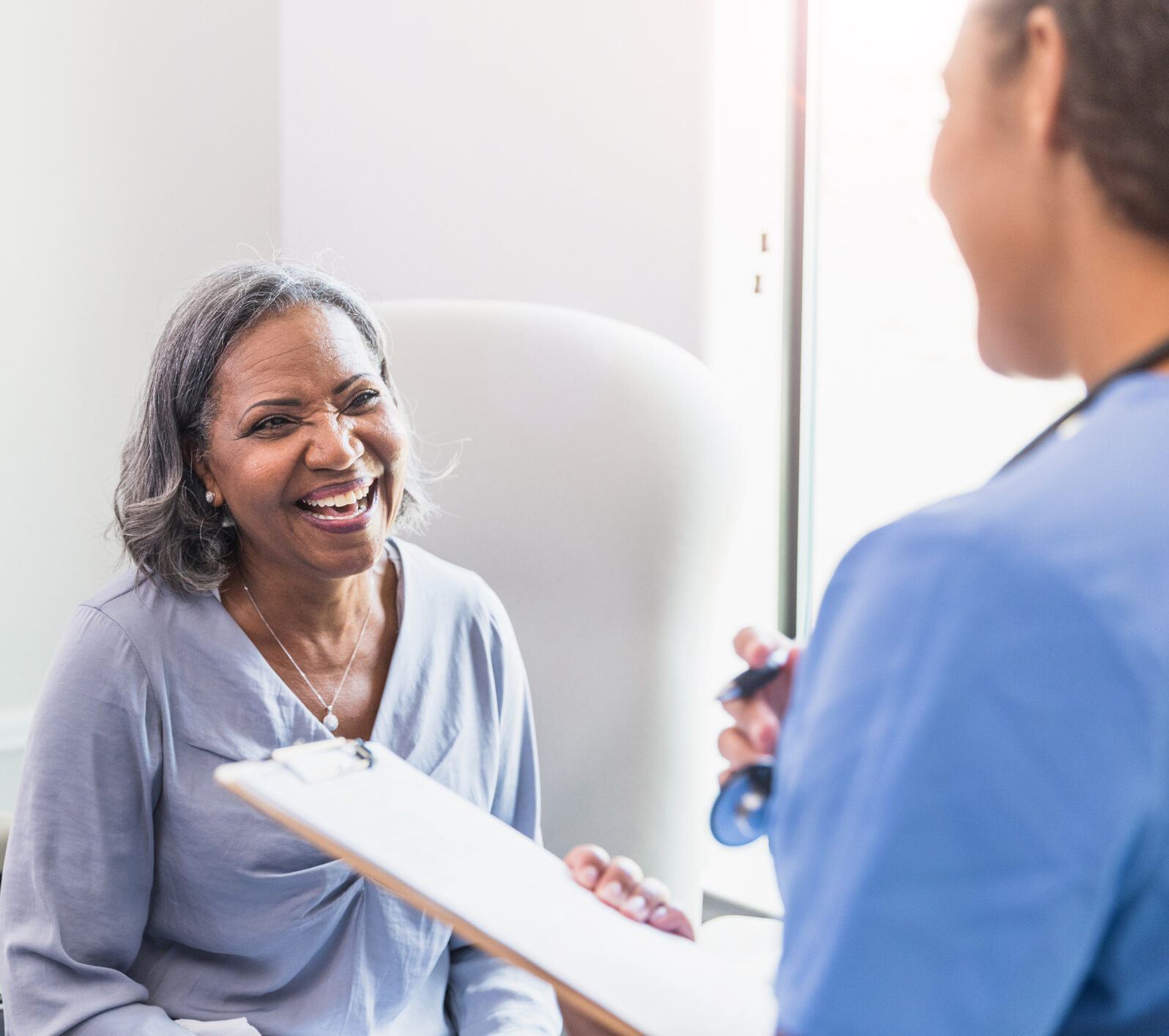Benefits Of Clinical Trials
About Clinical Research
Clinical trials are at the core of medical advancements. These trials help develop new treatment, prevention, or detection strategies, which means improving healthcare and quality of life for all those affected by diseases or health conditions. Whether it is a new medication, surgical procedure or device, or ways to use existing treatment options, clinical trials work to determine if these developments are safe and effective for use on patients around the world.
To learn more about clinical trials related to COVID and other vaccines visit our vaccines FAQ’s page.






